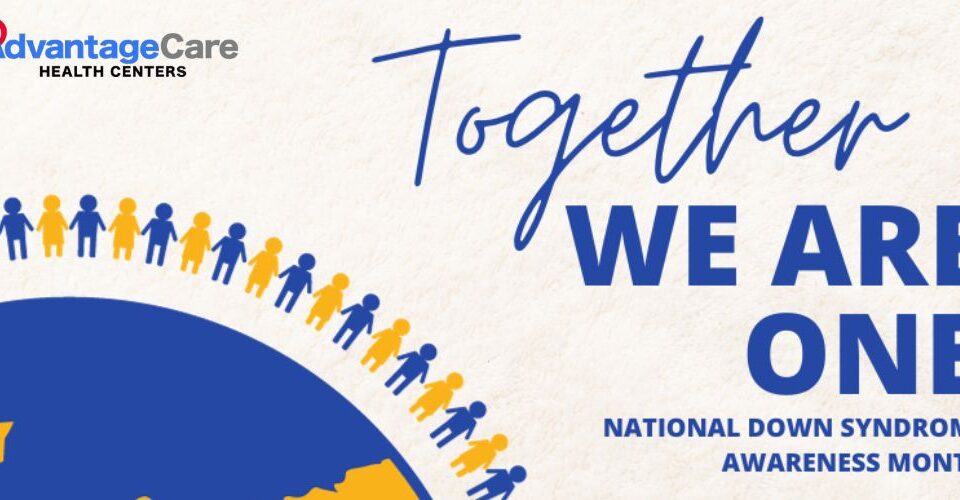
Women’s Heart Health: 5 Tips to Enhance Cardiovascular Health
February 15, 2022
6 Springtime Activities that the Whole Family Can Enjoy
March 31, 2022
Women’s Heart Health: 5 Tips to Enhance Cardiovascular Health
February 15, 2022
6 Springtime Activities that the Whole Family Can Enjoy
March 31, 2022
Throughout their lives, women have unique health needs, including pregnancy and menopause. It’s also important to note that common health conditions may affect women differently than men.
For example, while heart disease is the leading cause of death for both men and women, it’s more fatal for women. This is because women are more likely to die following a first heart attack than men.
Keep reading to learn important information about preventive health care for women, including screenings and examinations that ensure your health and wellbeing.
General Health
All women should undergo an annual wellness exam, also known as a well-woman visit. These exams include a physical exam and screenings. Your doctor will also make sure that you’re up to date with your vaccines.
If you have a chronic medical condition, your doctor may suggest more frequent wellness visits to stay on top of your health.
Breast Health
Women aged 20-39 may undergo a clinical breast exam every 1 to 3 years. Women over the age of 40 should consider an annual clinical breast exam. Women over the age of 40, or women at a higher risk of breast cancer, should undergo an annual mammogram.
Bone Health

Did you know that after the age of 30, women begin to lose bone mass? It’s important to keep your bones and joints in good shape. Women over the age of 65 should undergo a bone mineral density test. Women at an increased risk of osteoporosis should also get screened.
To keep your bones healthy no matter your age:
- Perform weight-bearing and strength training exercises
- Eat plenty of protein
- Eat high-calcium foods
- Get plenty of vitamin D and vitamin K
- Maintain a healthy weight
Heart Health

Heart disease is one of the leading causes of death in women. To keep tabs on your heart health, be sure to have your blood pressure checked at least every two years. If your blood pressure is below 120/80, have your blood pressure checked at least once every two years.
Women with high blood pressure should be screened more often. Simple lifestyle changes, such as regular exercise and eating a healthy diet, can help maintain healthy blood pressure levels.
Your cholesterol levels should be checked every 4-6 years, beginning at age 20. Women with high cholesterol or those at an increased risk of the condition should be screened more often. This is especially true for those at risk for stroke, heart disease, or other risk factors.
Reproductive Health
Women in their 20s should undergo a pap smear every three years to screen for cervical cancer. Testing for human papillomavirus (HPV) should occur every three years as well.
Women between the ages of 65 to 70 can stop reproductive health screenings after having three or more normal pap smear tests consecutively.
Sexually active women should get tested for HIV and other sexually transmitted diseases at least once a year. Most doctors perform these screenings during the well-woman visit.
Take Charge of your Overall Wellness
As a woman, it’s all too easy to put your health on the back burner. Whether you’re a mother, a college student, or a full-time worker, your health should always be a priority. There’s no better time than now to take charge of your wellbeing.
Advantage Health Care Center is proud to offer preventive health care for women. We offer primary and preventive care services, including routine examinations, immunizations, and treatment for acute and chronic medical conditions.
Contact our team of health care professionals and let’s work together to get your health on track!





